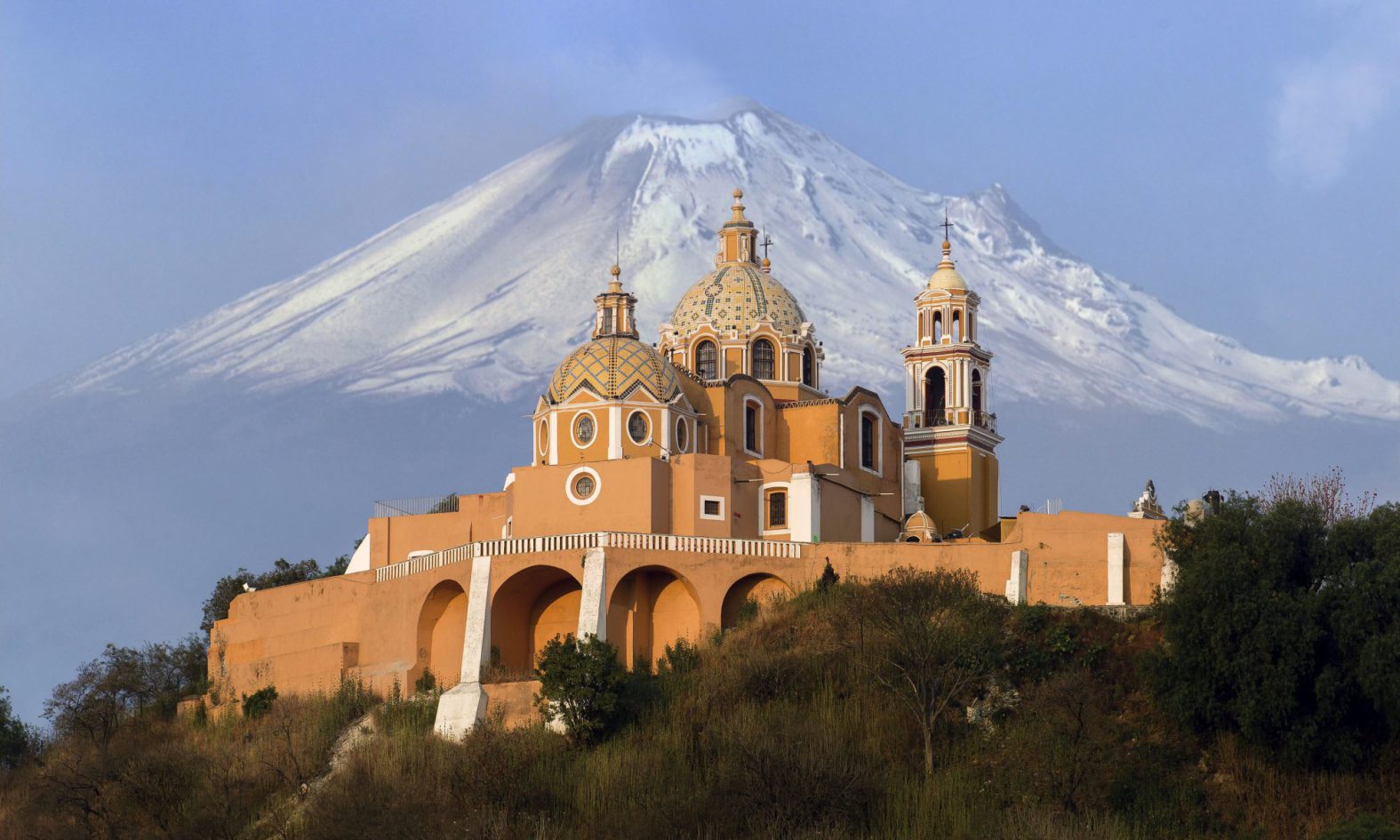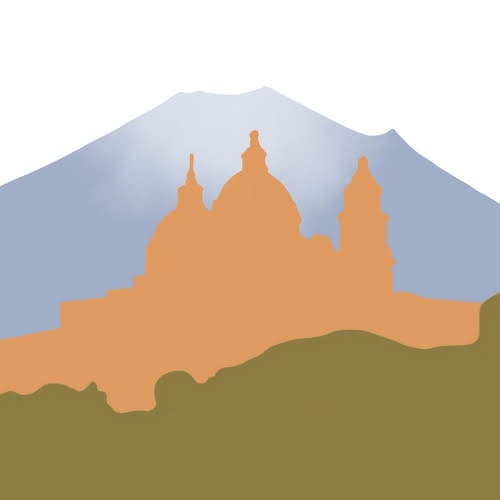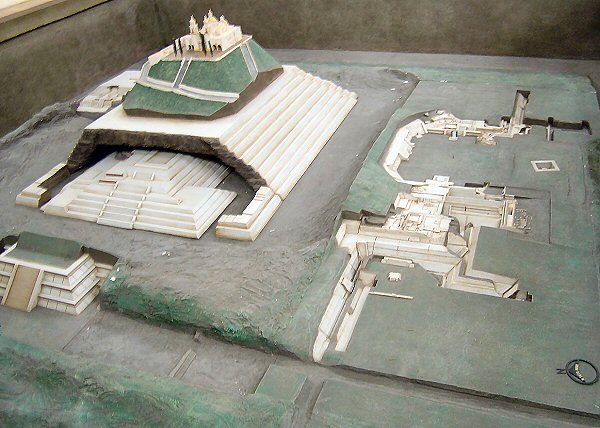
About the OCRS
The big ideas…
As you might gather from our name, we're online! We live in the real world but we want to reach out as far as technology will allow us, to help people all around the globe develop their religious literacy and knowledge.
We're open to new ideas, and committed to constant development. If you see something that doesn't look right, tell us! We draw inspiration from the open source software movement, and wherever possible aim to keep our processes transparent, and make our products free to use and adapt. You can even find the source code for our website in our Github repository.
There's no point being online and open if we hide knowledge behind complicated language and high financial barriers - that's why we're committed to making religious studies accessible to as many people as possible, in a style that makes sense. We also aspire to provide our resources in a way that makes them accessible to users of assistive technologies. If you think we can improve in either of these areas - let us know.
The details…
See below for more detailed information about who we are and how we operate.
Mission statement
The OCRS is dedicated to promoting and facilitating the academic study of religion for a wide and diverse audience.
Aims & methods
Using a variety of modern, online delivery methods, the OCRS aims to provide information about religious studies in a clear and accessible format - wherever possible writing in a simple, conversational style.
The OCRS will package information in different ways, including free PDF documents, links to third parties, and paid online courses.
Audience
The OCRS is aimed at adults who are interested in learning what religion is, how different religions believe and behave, and how to study religion in an academic style.
The OCRS aims to fill a middle ground between accessibility and reliability, providing authentic knowledge without challenging technical language and high financial barriers.
At present, the OCRS is only available in English - however translation into other languages could be made available in the future, depending on growth and interest.
World religions
The OCRS regards the world religions paradigm as a potential source of misunderstanding, capable of reinforcing politicised stereotypes, although we recognise that it serves a useful introductory purpose.
Where possible, the OCRS aims to subvert the expectations of a traditional division of religion into the 'big five', and encourages thematic approaches that explore religious practice in a more realistic way, grounded in lived experience, and presented as part of a broad cultural context.
Check out these links for more information.
- http://edge.ua.edu/steven-ramey/the-harm-of-world-religions/
- http://www.religiousstudiesproject.com/podcast/podcast-james-cox-on-the-world-religions-paradigm/
- https://www.academia.edu/708814/The_World_Religions_paradigm_time_for_a_change
Religious literacy
The OCRS agrees with the general sentiments of the APPG report on improving religious literacy, which is summarised in paragraph 6.2:
Religious literacy is not the exclusive domain of religious people – it is needed by everyone. The promotion of greater religious literacy is not intended to make people more religious, or to encourage a more positive view of religion. Instead, the aim of developing better religious literacy is intended to equip communities and individuals to understand each other better, to engage with one another on a more informed basis and to promote cohesion within a more inclusive and holistic society.
OCRS ♥ open source
We’re big fans of Linux, and currently use Linux Mint for all our computing needs.
Our website is built using the open source static site generator Hugo.
The site’s code is freely available on our Github account in case you want to have a look.
The church and the mountain

The banner image of the OCRS is the Iglesia de Nuestra Señora de los Remedios (Our Lady of Remedies Church), located in Cholula, Mexico. The photo we use was taken by pedro lastra and is available via CC0 here. The illustrated version was created by Rosie Burns of Pom Pom Paints.
The church was constructed on top of an older structure that was so massive it was mistaken for a natural hill: the Great Pyramid of Cholula. This is the largest known pyramid in the world, and was built up over thousands of years - the earliest structures dating back to the third century BCE.
This practice of converting land, buildings, or established rituals from older religious traditions to newer ones is common in many different religions, but is rarely so vividly demonstrated.

Photo courtesy of Mhaesen
CC-BY-SA-3.0, via Wikimedia Commons
You can find out more via the links below:
- Iglesia de Nuestra Señora de los Remedios, Cholula | Wikipedia
- Great Pyramid of Cholula | Wikipedia
- The giant pyramid hidden inside a mountain | BBC
Who are we?
The OCRS was founded in 2016 by Luke Burns.
Luke has a First Class Honours Degree in Humanities from the Open University, with a focus on (you guessed it) religious studies. He lives in Somerset with his wife and pet degus.
This page was last updated: 14 September 2020